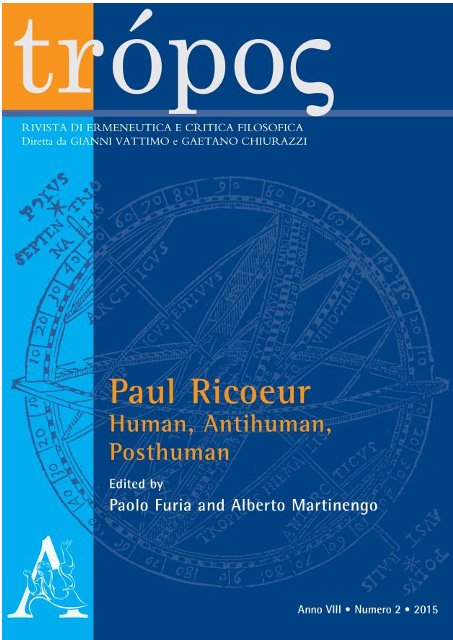Anxiety, Freedom, and the Future of the Past
DOI:
https://doi.org/10.13135/2036-542X/7983Keywords:
S. Kierkegaard, anxiety, temporality, fredoom, existenceAbstract
In this article I present a close reading of Section 5 in Søren Kierkegaard’s The Concept of Anxiety. After an introduction which alludes to the literary fiction of Jonathan Franzen, the article turns directly to Section 5, in which Kierkegaard’s pseudonym, Vigilius Haufniensis, unfolds the phenomenon of anxiety as the original experience of existential freedom. In the first step of the argument, I argue that the. transition of the human being from its natural state into an existence of ethically qualified freedom is a process which must be understood as a peculiar self–disturbance at the heart of subjectivity. In a second step, I claim that this self–disturbance is connected to the essential normativity of language that human beings always already find themselves in. In a concluding discussion, I suggest the interpretation that the linguistical self–disturbance of a human self implies an ethical requalification of the possibilities of one’s past as well as of one’s future.


